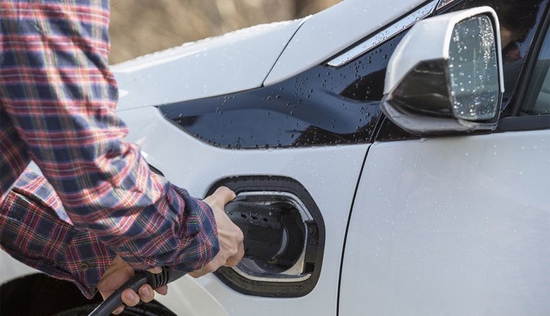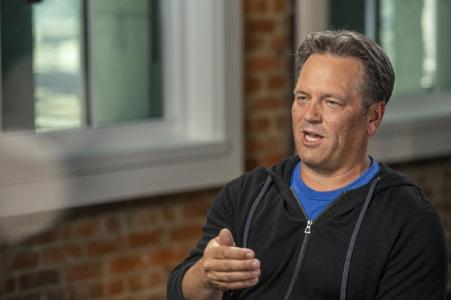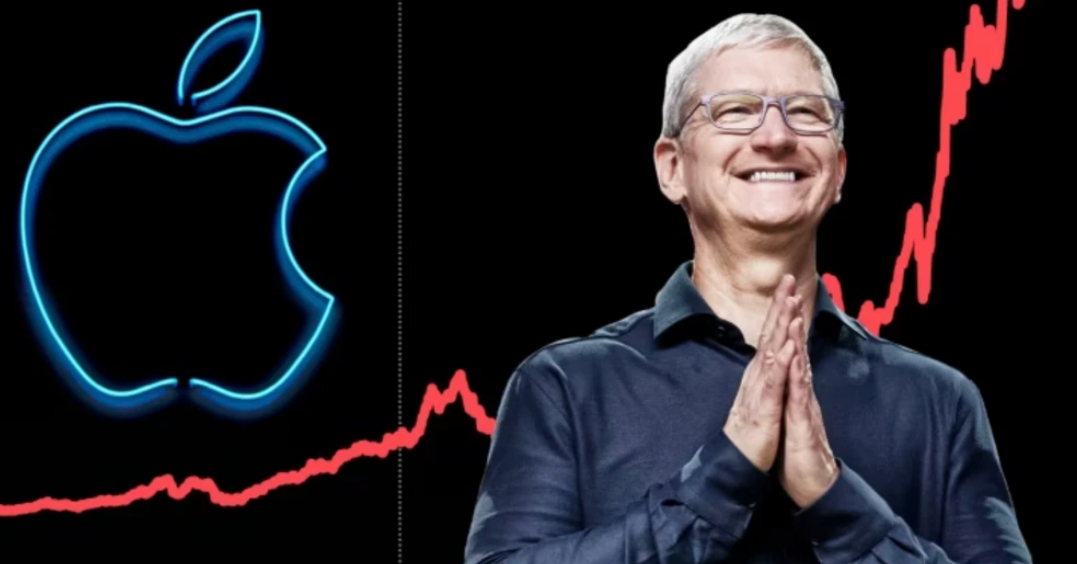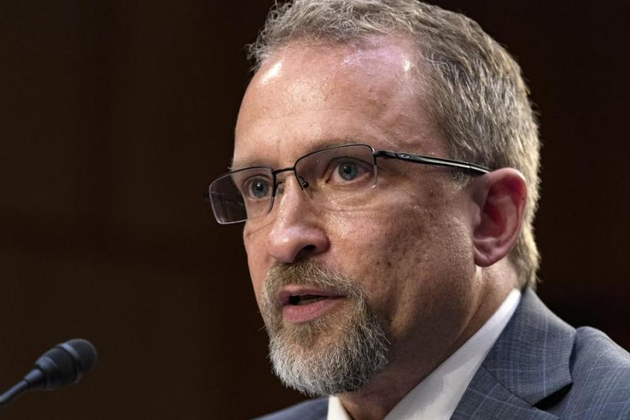your current location is:Home > carHomecar
American team develops new charging technology for electric vehicles: 90% charging in 10 minutes, comparable to refueling
with the continuous development of electric vehicle technology, many users choose to buy electric vehicles to meet their daily travel needs. According to the analysis of my country's passenger vehicle market in July 2022 released by the Passenger Car Association, the wholesale sales of new energy passenger vehicles in July reached 564,000 units, a year-on-year increase of 123.7%.

Although the sales of electric vehicles are getting higher and higher, there are still many users who have doubts about electric vehicles, and the main point of doubt is the long charging time of electric vehicles. Compared with the energy replenishment time of traditional fuel vehicles, which is measured in minutes, the charging time of electric vehicles often needs to be measured in hours. However, a research team announced that it has designed a new charging technology that can greatly reduce the charging time of electric vehicles.
According to the ACS (American Chemical Society) official website, at today's American Chemical Society fall meeting, a research team at the Idaho National Laboratory used machine learning technology to integrate charging data to create a unique charging protocol. The team's Dr Eric Dufek said the new method significantly increased the battery charging speed, with the battery charging to over 90% in 10 minutes without lithium plating or cathode cracking. This means that the charging speed of electric vehicles is expected to be on par with the speed of refueling.
According to reports, when a lithium-ion battery is charged, lithium ions will migrate from one side of the device (the cathode) to the other side (the anode). The faster the lithium ions migrate, the faster the charging speed, but too fast migration speed may cause the lithium ions to not fully migrate into the anode, causing the battery to fail. The research team trained a machine-learning analysis by inputting information on the condition of many lithium-ion batteries during charge and discharge cycles to predict battery life and the consequences of different designs. Ultimately, the team optimized a new charging protocol.
the research team hopes to further improve the charging speed and design a lithium-ion battery that can be quickly charged. The ultimate goal, Dr Dufic said, is for EVs to be able to "tell" charging stations how to quickly and safely power their specific batteries.
Previous:Another $3000! Tesla's North American Full Self-Driving Price Raises to $15,000
Next:U.S. online ride-hailing giant Lyft plans to sublease 44% of its offices to adapt to telecommuting
related articles
Article Comments (0)
- This article has not received comments yet, hurry up and grab the first frame~












